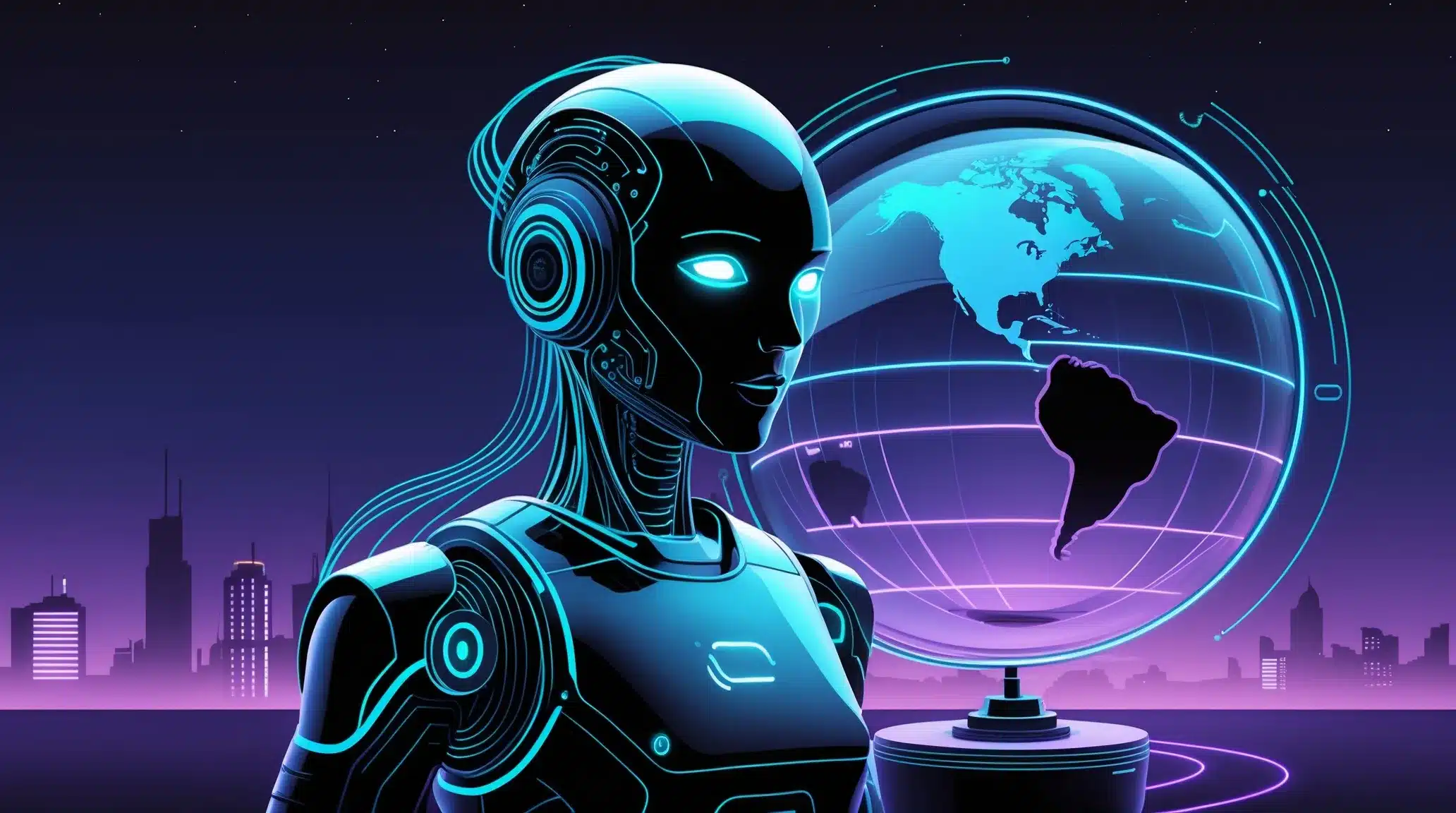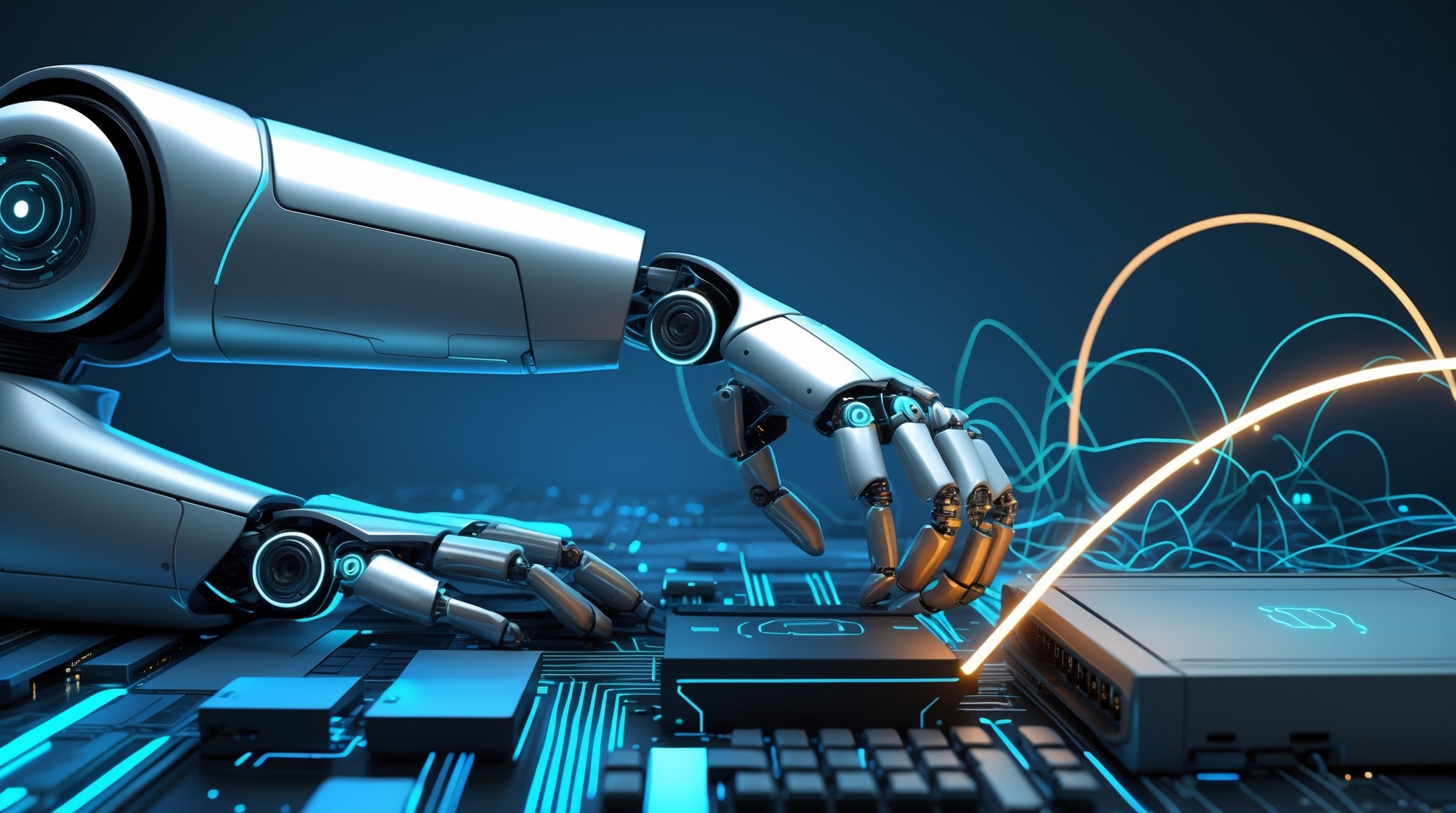As digital threats grow more sophisticated, businesses are turning to AI to bolster their cybersecurity defenses. AI-driven cybersecurity solutions now provide real-time threat detection, rapid response capabilities, and predictive analytics to prevent attacks before they happen. By analyzing network data, AI can identify anomalies and patterns, safeguarding sensitive information and maintaining trust.
Cybersecurity is no longer just an IT issue,it’s a business imperative. AI’s ability to monitor, detect, and neutralize threats in real-time is critical for organizations aiming to protect their data and reputation. For instance, AI-enabled tools like Deep Instinct can preemptively prevent 99% of threats, scanning millions of files in milliseconds.
The integration of AI and automation in cybersecurity not only boosts threat detection but also significantly reduces costs. On average, organizations save $2.22 million per data breach through these advanced defenses, making AI-driven solutions a critical investment for IT leaders.
However, the adoption of AI in cybersecurity also brings challenges. Ensuring the quality of data, managing cybersecurity risks, and establishing trust are paramount. Concerns about job displacement and ethical considerations underline the need for thoughtful implementation strategies.
Experts advocate for a modular, needs-based approach to adoption, starting with simple, well-defined tasks. Building AI-native infrastructure, rather than retrofitting existing systems, is crucial for maximizing benefits. Early adopters are expected to gain a compounding advantage by rapidly training and optimizing AI agents. Proper governance, transparency, and alignment with business goals are essential for success in this transformative technological shift.



